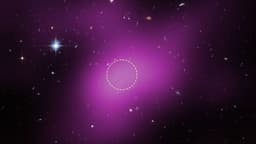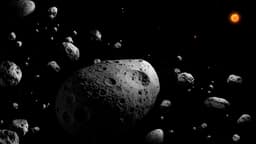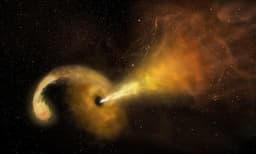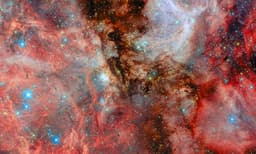Home / Science / Universe Expansion May Be Slowing, Not Accelerating
Universe Expansion May Be Slowing, Not Accelerating
21 Nov, 2025
Summary
- New study suggests dark energy's force might be weakening over time.
- Type 1a supernovae dimming could be due to progenitor star age.
- Revised understanding could alter the universe's ultimate fate.
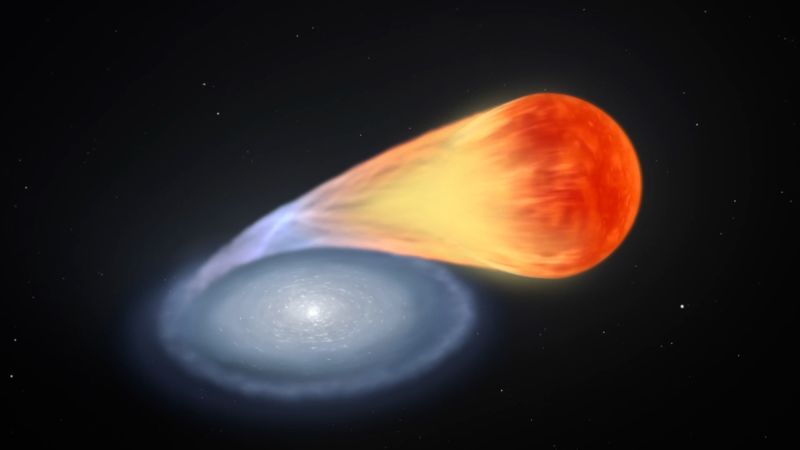
Recent astronomical research indicates that the universe's expansion may be decelerating, a finding that could dramatically reshape our understanding of cosmic evolution. This new perspective emerges from studies of Type 1a supernovae, previously considered reliable cosmic distance markers.
The current model, established in 1998, suggests dark energy drives an accelerating expansion. However, new analysis suggests that the dimming of distant supernovae might be influenced by the age of the stars that produced them, rather than solely by their increasing distance. This implies dark energy's influence might be waning.
If this revised understanding holds, the universe's ultimate fate could shift from continued expansion to a potential contraction, or Big Crunch. While met with skepticism from some scientists, the ongoing research, bolstered by upcoming observations from observatories like the Vera C. Rubin Observatory, promises to shed more light on this pivotal cosmological debate.
